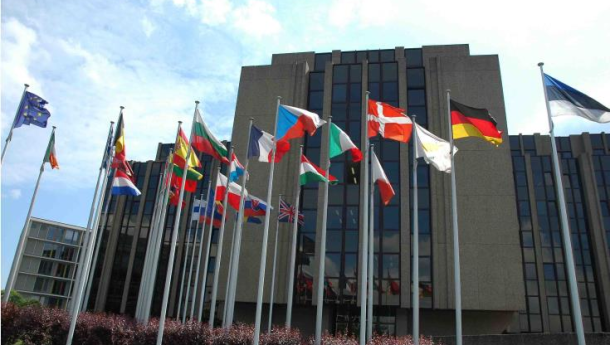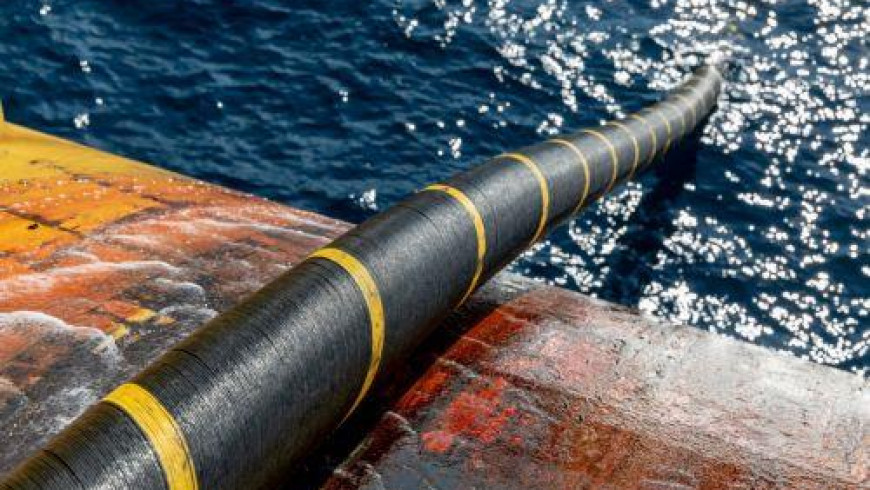
The European Commission has announced it is starting two new infringement procedures against Cyprus, one regarding the country’s obligation to periodically review water permits and one relating to the submission of its final updated National Energy and Climate Plan, as part of its regular package of infringement decisions for November which was published on Thursday.
The Commission has sent letters of formal notice to Cyprus and Belgium regarding water management, and to Cyprus and another 12 member states regarding national energy and climate plans.
Letters of formal notice are the first step in the Commission’s infringement procedure, which can then lead in sending a reasoned opinion if the affected member state does not comply. The process could end with the Commission appealing against a member state to the Court of Justice of the EU, which can impose sanctions and fines.
However, most cases do not end up at the Court of Justice, as the issues raised by the European Commission are usually solved without the need for pursuing the procedure further. The November package includes 47 cases which the Commission has decided to close, including four on Cyprus.
Water Framework Directive
The European Commission decided to open an infringement procedure by sending letters of formal notice to Cyprus (INFR(2024)2227) and Belgium for failing to periodically review water permits in line with the Water Framework Directive (Directive 2000/60/EC).
The Directive requires Member States to establish a programme of measures for each river basin district to ensure good status of European water bodies, such as rivers and lakes. These measures must be included in the river basin management plans which must be established and reported to the Commission every six years. Each programme of measures must include basic measures to control different types of water abstraction, impoundment, point source discharge, diffuse sources liable to cause pollution, and any other significant adverse impacts on water quality.
Member States are required to periodically review and update these controls to determine whether the measures in place still achieve their objectives. Specifically in Cyprus, the national legislation does not impose any kind of periodic review, as required by the Directive.
The Commission has already initiated similar infringement procedures against the Netherlands, Austria, Slovenia and Finland.
Cyprus and Belgium now have two months to respond and address the shortcomings raised by the Commission. In the absence of a satisfactory response, the Commission may decide to issue a reasoned opinion.
National Energy and Climate Plans
The Commission also decided to open an infringement procedure by sending a letter of formal notice to Cyprus (INFR(2024)2254), Belgium, Bulgaria, Czechia, Estonia, Greece, Croatia, Malta, Austria, Poland, Portugal, Slovenia and Slovakia for failing to submit their final updated National Energy and Climate Plans (NECPs) in line with the Regulation on the Governance of the Energy Union and Climate Action.
Under Article 14(2) of the Governance Regulation, all Member States had to submit their final updated NECPs by 30 June 2024. So far, the Commission has received 14 final Plans. Following extensive exchanges after the submission of draft Plans and adoption of Commission recommendations to the Member States, these 13 Member States have still not submitted their final updated NECPs.
The final updated NECPs are meant to set out a concrete roadmap to achieve the agreed EU goals for greenhouse gas emissions reduction, renewable energy and energy efficiency, among others. They will also be used by the European Commission to assess where Member States stand collectively in terms of ambition towards the EU 2030 climate and energy targets.
The 13 countries that are in breach of their obligations have two months to reply to the Commission. In the absence of a satisfactory response, the Commission may decide to issue a reasoned opinion.













 3287.99
3287.99 1275.09
1275.09
